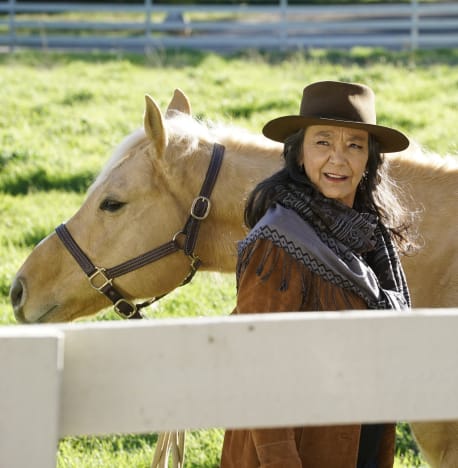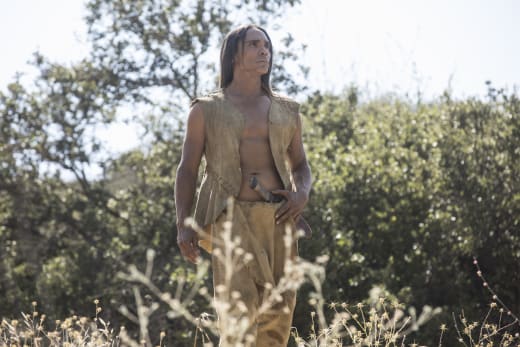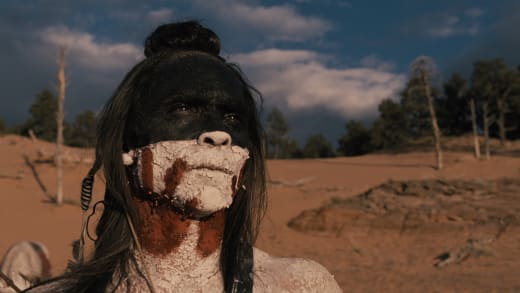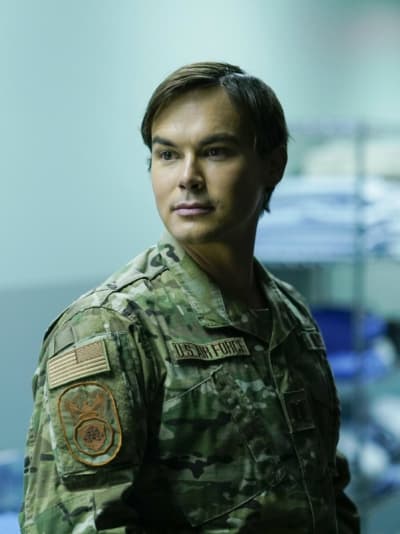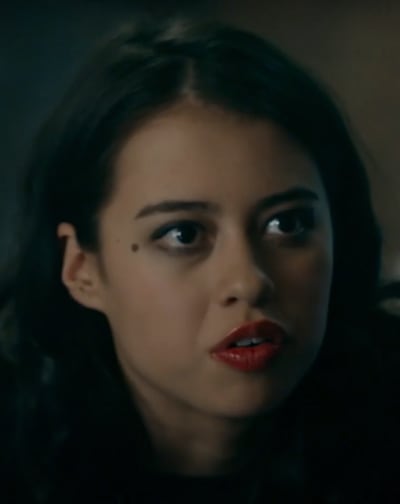Diverse representation is of importance, and that’s why it’s an ongoing discussion in the media. The fact of the matter is people deserve to see themselves reflected in the media they consume.
When discussing racial diversity specifically in the media, Indigenous representation is disturbingly underrepresented or misrepresented. Not to mention riddled with stereotypes, one-dimensional, or archaic in their depiction.

Native representation is dismal even when including the various Native and Aboriginal rep spanning continents, there are slim pickings.
On the positive side, this arena is making strides. In honor of Indigenous Peoples day, here are a few series who are changing the game with their Indigenous representation.
F.B.I: Most Wanted

The number of series with contemporary takes of Natives is appallingly low. It was so unexpected that the Dick Wolf series has a handful of native characters and often explores their roots.
One of the main characters and crimefighters is Nathaniel Arcand’s Clinton Skye. Not only does he serve as a second in command in the field to the lead, Agent LaCroix, but he’s a source of support on the homefront as well.
Skye is LaCroix’s brother and law, and he, along with other family members, helps the widowed LaCroix take care of his daughter Tali.
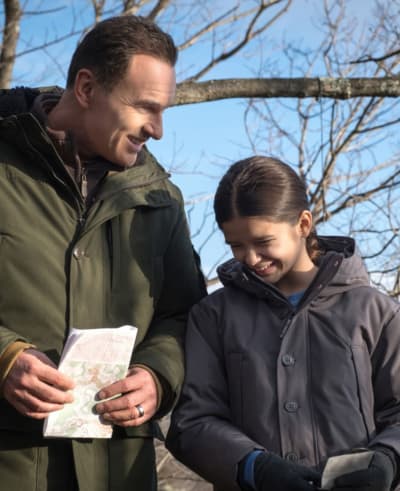
It’s through those special moments at home that we get insight into the Indigenous family as they come together and help LaCroix raise his daughter, teaching her about her culture and heritage with such ease that its profoundness is quiet.
And it’s something interwoven throughout the series and not just a one-off background episode thing. However, FBI: Most Wanted Season 1 Episode 7 was one of the most incredible hours of the series.
It followed a father who suffered from the generational trauma and PTSD and effects of growing up in the Indian Boarding schools that stripped Indigenous people of their culture in attempts to “assimilate” them for decades and still more or less exist.
A native father, who was heartbroken that the authorities never made his missing daughter a priority, and he lashed out.
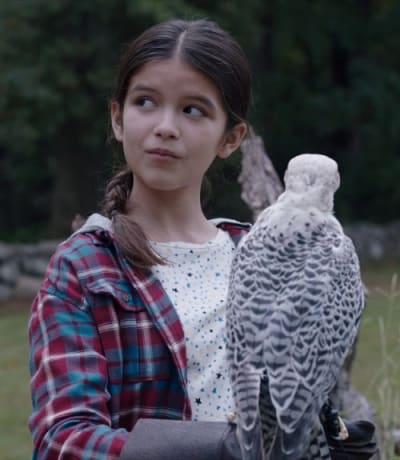
It led to a stunning scene between Skye and the father, in which they both connected over the discrimination they experienced and spoke the Mohawk language.
It’s also a series that saw a young Tali rounded up and placed in a detention facility after being mistaken for an undocumented immigrant. The irony of that isn’t lost.
In addition to the Indigenous American storylines and influence, another primary character of the series Hana Gibson is played by New Zealander Keisha Castle-Hughes of Maori descent, and her character is as well.
FBI Most Wanted’s willingness to showcase natives and touch upon their history is a refreshing change of pace.
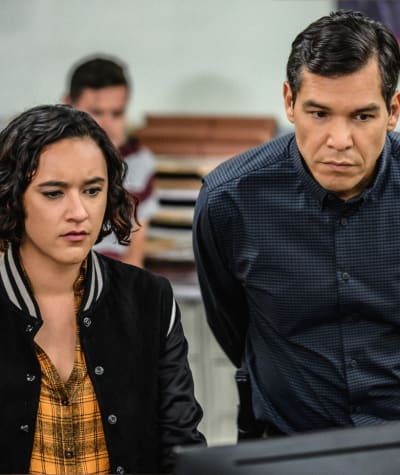
Stumptown
Stumptown is another series that has no issue centering Native voices. It seamlessly incorporates indigenous culture and representation via Dex’s lost love and her connection to his family.
Much like FBI: Most Wanted, it’s a contemporary take on Natives that we desperately need, and the significance of native characters who serve proudly in the military and died heroes isn’t lost either.
Dex is a strong woman, but of all the relationships she has on the series, it’s her complex bond with the equally strong and powerful Sue Lynn Blackbird.
Stumptown even cast one of the most prolific indigenous actors, the iconic Tantoo Cardinal in the role. Their scenes come alive when they share the screen.
Blackbird’s rich complexity as a mother, local businesswoman, and someone who colors outside of the lines made her one of the most compelling characters within the series.
And through her, we got an authentic look at a contemporary native woman. The series didn’t shy away from the hardships natives face to this day and touched upon some of the lesser-known hard truths, including the kidnapping of native children and placing them in white, Christian homes, stripping them of their family and heritage.
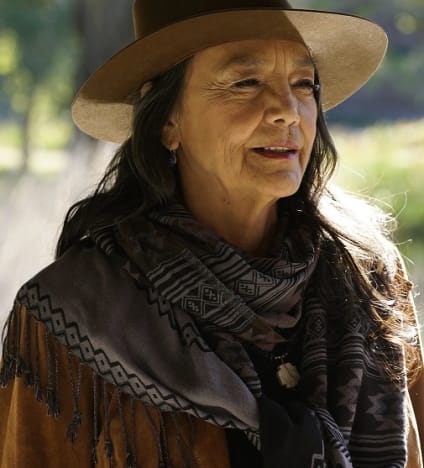
Yellowstone
Yellowstone has created a space for native representation, but it hasn’t been without some controversy, particularly with the casting choice for Monica Dutton.
However, it’s a series that has dedicated itself to creating space and roles to tell stories from an indigenous perspective, seamlessly weaving them into an overarching storyline of land disputes over a Montanan ranch.
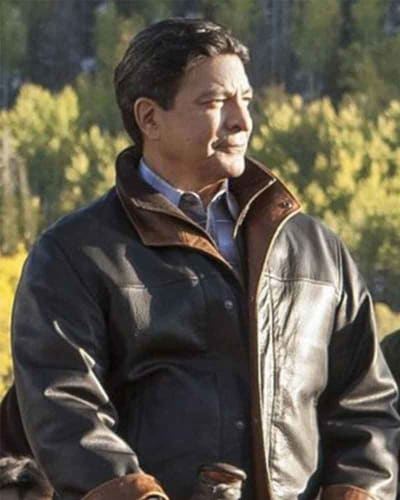
It’s a western, which is not unlike the typical roles you see native actors in, but it’s a modern western.
And it does bring up some interesting angles that aren’t seen as often, such as the storyline regarding Gil Birmingham’s Thomas Rainwater whose background of a Native man who was adopted and thought he was Mexican until adolescence.
Through Rainwater, there is an exploration of a unique set of native issues one faces regarding identity as he fights on behalf of a community he’s still finding a place within.
Westworld
Westworld on the surface appeared as though it would be another series to drop the ball on its native representation and subscribe to the same stereotypes that many are actively trying to work against.
However, through Zahn Tokiya-ku McClaron’s award-worthy performance as Akcheta, the series presented us with a trope, and then, they subverted the hell out of it, generating buzz for its thought-provoking depiction of natives onscreen.
It also presents us with a love story, but literal regarding a romance, but also serves as a love-story for indigenous people.
Chambers
This quiet, Netflix gem of a series was only a season, but it was the first series starring a native actress. Sivan Alyra Rose starred as Sasha Yazzie in a supernatural horror thriller.
It’s so unlike the typical genre you’d find Natives in, and it was one of the most buzzed-about series with an incredible cast of other Indigenous actors and icons, and non-natives alike.

The series made history, which is why its cancellation was such a slap in the face, but the fresh look at an indigenous family and teen, living on the outskirts of a reservation was revitalizing.
Roswell, New Mexico
When news first broke that there would be a Roswell reboot, based on the book series, there were mixed reactions.
However, Roswell, New Mexico managed to do something that the original series lacked: it stayed true to the Latinx origins of the lead character, and it had more diversity.
The show takes advantage of its location and provides viewers with a more realistic (racially diverse) look at New Mexico than its predecessor.
It also provided us with Alex Manes, a disabled, gay veteran of Indigenous descent. Alex is considered the black sheep among his brothers, to a degree, and he faced hardships due to his sexuality, but it’s what makes him such a refreshing indigenous character.
While the series has the native diversity with a regular main character and his important family, and also with native actors such as Amber Midweather starring in the series as well, they haven’t leaned as much into the culture as you’d expect.
Nevertheless, there’s something to be said about the very existence of a gay native character on network TV. So while the character, including his heritage, could be fleshed out more, a common pitfall for many of the series’ characters, it’s a groundbreaking role in what he represents.
And while these are a few of the offerings for Native talent, there’s still far too little. Over to you, TV Fanatics. Do you have any contributions or thoughts behind this post?
What are some other gamechanging Indigenous roles and series? Hit the comments below.
Jasmine Blu is a senior staff writer for TV Fanatic. Follow her on Twitter.

